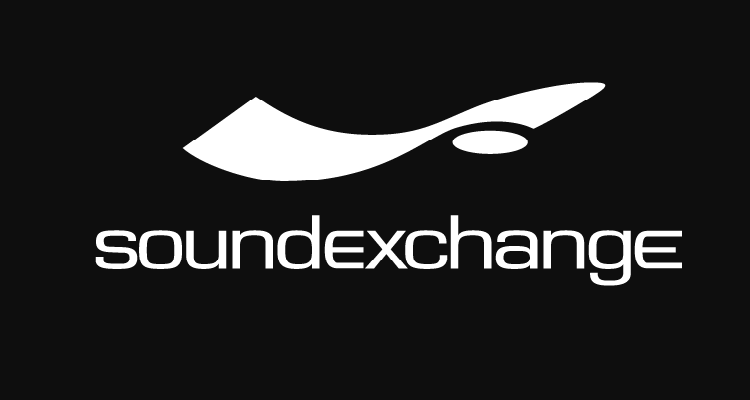SoundExchange is officially suing LiveOne and Slacker for allegedly failing to pay owed royalties for streams from the last five-plus years.
SoundExchange, which collects digital performance royalties for recordings used on non-interactive music platforms (i.e. digital radio), submitted the firmly worded complaint to a California federal court yesterday. Higher-ups also summarized the action in a formal release this morning – coinciding with LiveOne’s Q4 FY 2022 earnings call, perhaps not coincidentally – accusing the defendants of “refusing to pay royalties for the use of protected sound recordings.”
Filed specifically against LiveOne (formerly LiveXLive) and Slacker (which LiveOne acquired in 2018), the suit indicates that the defendants had until July of 2017 “provided SoundExchange with the statutorily required royalty reports… and paid some (though not all) of the periodic royalty payments owed.”
But the defendants’ “payments slowed and finally stopped” in the summer of 2017, according to the plaintiff entity, which says that LiveOne and Slacker continued to send along “generally timely” reports after allegedly ceasing the associated payments.
LiveOne and Slacker “ultimately owed millions of dollars in outstanding royalties and late fees,” the suit states, including (besides the non-payments highlighted above) a purported underpayment for 2013-2015. SoundExchange claims to have uncovered the latter via an audit that began in December of 2016 and concluded in September of 2019.
Then, October of 2020 saw the involved parties finalize a “Royalty Payment Plan Agreement,” which, as its name suggests, established a schedule (spanning 24 months) for LiveOne and Slacker to “pay their overdue royalties and predetermined late fees,” the lawsuit explains.
The defendants allegedly agreed that “SoundExchange would be entitled to file a stipulated consent judgment and to collect additional late fees to the maximum allowed by regulation” in the event of a default on the payment plan.
Said default arrived in August of 2021, per the plaintiff, which also says that the digital-radio defendants missed further payments in September and October of 2021 – besides royalties for 2016-2018 (identified via another audit, this time in December of 2019) and regular payments from October of 2020 to the present.
The precise sums allegedly owed to SoundExchange for each category have been redacted from the public version of the lawsuit, but as previously disclosed, the amount due is in the “millions,” according to the action.
At the time of this piece’s writing, LiveOne (NASDAQ: LVO) didn’t look to have commented publicly on the complaint – though the business unveiled its financials for Q1 2022 (the fourth quarter of the 2022 fiscal year) yesterday.
LiveOne achieved a 79 percent year-over-year revenue hike for the 12 months ending on March 31st, the report shows, for a total of $117 million. January, February, and March of 2022 delivered $23.4 million in income, the document relays, as well as a net loss of $8.8 million. As of June 26th, the service boasted 1.58 million paid users (up 510,000 from Q1 2021), seemingly due in large part to a pact with Tesla.
Elsewhere in its investor presentation – including the aforesaid conference call this morning – execs touted the Tesla deal (“LiveOne is paid directly from Tesla for all these memberships”) and reiterated that about 33 percent of company shares are owned by Fidelity. SoundExchange’s suit didn’t come up during the call, and at the time of this writing, LiveOne’s 10-K wasn’t live on the SEC website.

